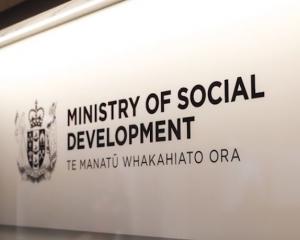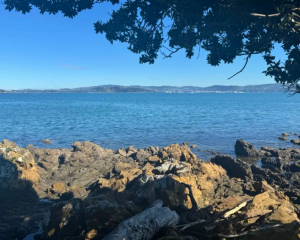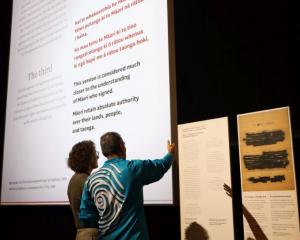More than 180 people were the subject of police co-ordinated search and rescue operations in the southern South Island in 2008, costing the taxpayer nearly $400,000.
Of the 185 search and rescue (SAR) operations south of the Waitaki during the year, 137 were on land and 48 were at sea.
The most callouts were for rescues in alpine areas, while the second most common was to boating incidents.
Te Anau and Wanaka had the highest number of searches and were among the top five areas in the country for SAR callouts.
In total, the Southern police district had the third highest number of SAR operations behind Wellington and Tasman.
Southern district operations manager Inspector Lane Todd said the exact number of people who were the subject of a SAR operation in the Southern district was not available, but nationally 2067 people were involved in 1547 different incidents.
Of those, 83 died.
Most of the people who were the subject of a SAR operation in the Southern police district were found alive, meaning the operations were in the main successful, Insp Todd said.
Nationally, SAR operations cost the New Zealand police $2.5 million last year.
SAR operations cost the Southern police district $394,552 in the same period.
Operational costs did not include time spent by police involved in searches or the cost of hours contributed by SAR volunteers.
The bulk of the Southern district's costs - 80%, or $319,769 - was for helicopters.
He estimated helicopters were used in up to 90% of search and rescue incidents in the southern region, a rate he attributed to their ability to respond quickly, transport staff to search areas and assist with the actual search and recovery of patients.
Helicopters had changed the style of search and rescue operations to the point where police were now highly dependent on them, he said.
"It is rare today that we have large-scale search teams operating."
The most expensive police-run search in the Southern district last year was Operation Okin, the search for Israeli tourist Liat Okin, who went missing on the Routeburn Track in April.
The total cost for that operation was $136,052, of which helicopter use came to $102,861.
Insp Todd declined to supply a breakdown of helicopter hours because it could reveal the hourly rates charged, information that was commercially sensitive.
Machines were charged out at differing rates depending on size, equipment on board and other factors.
It was up to the police incident controller of a SAR operation to assess the material requirements of a rescue and engage the services of the most appropriate machine.
"Obviously, using helicopters comes at a significant cost. However, the fast, efficient service provided usually assists in resulting in a positive outcome for the patient."
Police in the Southern district were "very fortunate" to have good relationships with several highly skilled operators with well-equipped helicopters available for SAR operations, he said.
New Zealand Police did not seek to recoup costs from the subjects of SAR operations - a matter of some debate - because of a general concern that such a measure would discourage people from contacting emergency services until it was too late.











